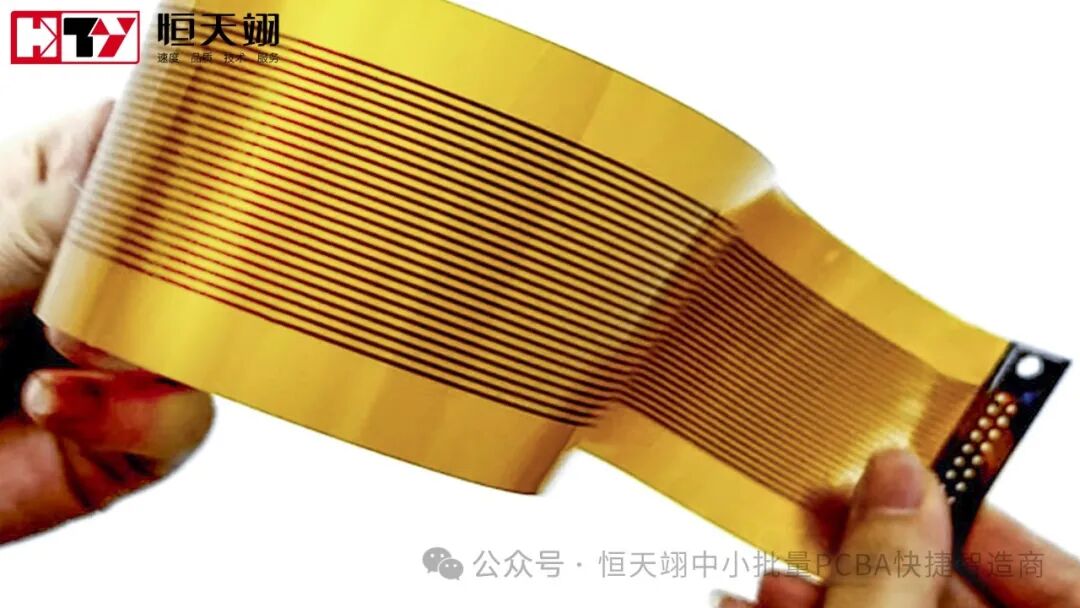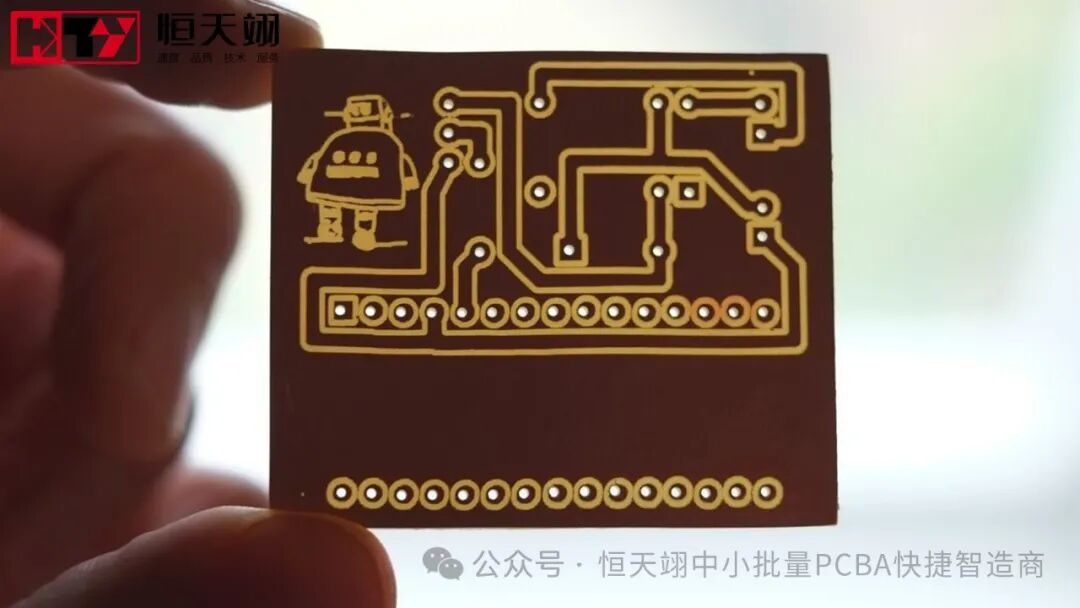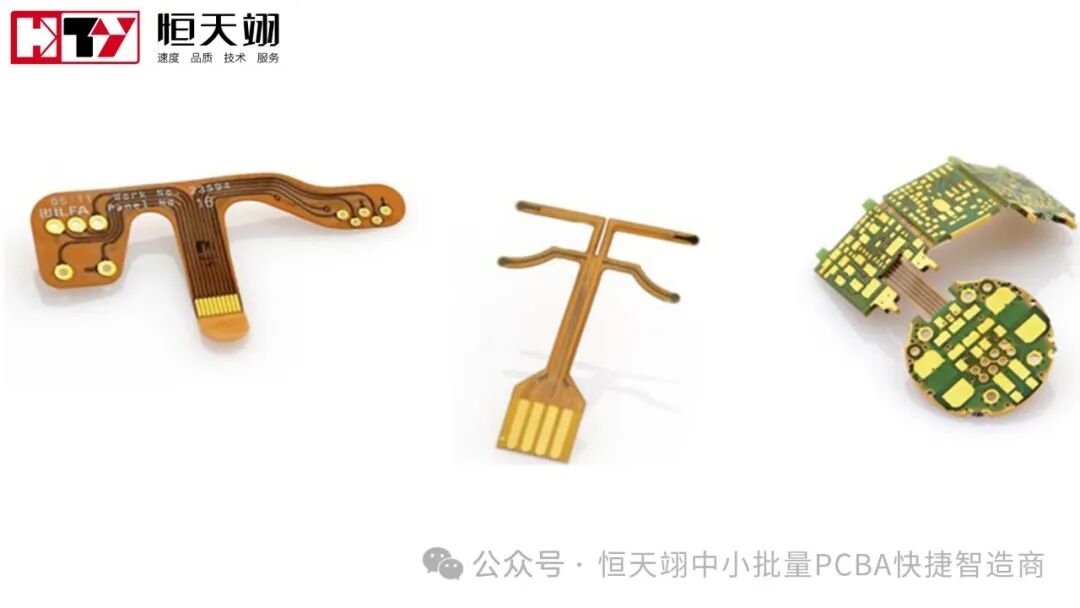Flexible Circuit Boards (FPC) are circuit boards made from flexible substrates, characterized by their ability to bend, fold, and support three-dimensional wiring. Compared to traditional rigid circuit boards (PCBs), flexible circuit boards are widely used in modern electronic devices due to their unique flexibility and adaptability.
Core Advantages and Application Value of Flexible Circuit Boards
1. Characteristics and Advantages of Flexible Circuit Boards
The main characteristics of flexible circuit boards include lightweight, thin, flexible, and high reliability.

The substrate is typically made of polyimide (PI) or polyester film, which not only possesses excellent mechanical properties and chemical stability but can also withstand millions of bends without damage, ensuring long-term reliability. Additionally, the conductive layer of flexible circuit boards usually employs copper foil or silver paste, providing good electrical conductivity and thermal stability.
Flexibility and Space Utilization:
Flexible circuit boards can bend and fold freely, adapting to complex three-dimensional layouts, thereby saving space and enhancing design freedom. For example, in confined spaces, flexible circuit boards can achieve multi-surface mounting and three-dimensional wiring, effectively utilizing spatial resources.
Lightweight and Compact Size:

Flexible circuit boards are thinner and lighter than rigid circuit boards, significantly reducing the overall weight and volume of electronic products. This is particularly important for consumer electronics that require lightweight designs.
High Reliability and Durability:
Flexible circuit boards reduce the number of solder joints and connection points, lowering the failure rate caused by poor contact. Moreover, their materials exhibit high-temperature resistance, vibration resistance, and impact resistance, allowing them to maintain stable operation in harsh environments.
Design Flexibility:
Flexible circuit boards support highly integrated designs, enabling multiple electronic components to be integrated into a miniaturized circuit, thereby enhancing the performance and functionality of devices.
2. Application Fields of Flexible Circuit Boards
Due to their unique characteristics, flexible circuit boards are widely used in various fields:
Consumer Electronics: Flexible circuit boards are extensively used in portable electronic products such as smartphones, tablets, and wearable devices (like smartwatches and health monitoring devices). These devices require lightweight and highly integrated designs, which flexible circuit boards perfectly meet.
Automotive Electronics: In the automotive industry, flexible circuit boards are used to connect sensors, navigation systems, and other electronic devices. Their lightweight and vibration-resistant characteristics make them an ideal choice for automotive electronics.
Aerospace: Flexible circuit boards also have significant applications in the aerospace field, such as in complex wiring systems within aircraft. Their high-temperature resistance and impact resistance allow them to function normally in extreme environments.
Medical Devices: In the medical field, flexible circuit boards are used to manufacture portable medical devices and implantable sensors. Their softness and flexibility allow them to adapt to the complex structures and movements of the human body.

Industrial Control: Flexible circuit boards are also used in industrial automation equipment, such as robotic control systems and sensor networks. Their high reliability and anti-interference capabilities make them perform excellently in industrial environments.
Hengtian Yi is a company focused on Electronic Manufacturing Services (EMS), offering a variety of electronic components and circuit boards. In the field of flexible circuit boards, Hengtian Yi provides high-quality flexible circuit board solutions through strict quality control and advanced production processes. Their products are widely used in consumer electronics, automotive electronics, and medical devices, demonstrating the important role of flexible circuit boards in modern electronic products.
Flexible circuit boards play an increasingly important role in modern electronic devices due to their unique flexibility and adaptability. They not only accommodate complex spatial layouts and harsh working environments but also significantly enhance the performance and reliability of devices. As a leading EMS company, Hengtian Yi has rich experience and technical accumulation in the research and production of flexible circuit boards, providing customers with high-quality products and services.
In the future, with continuous technological advancements and growing market demand, flexible circuit boards will showcase their potential in more fields.